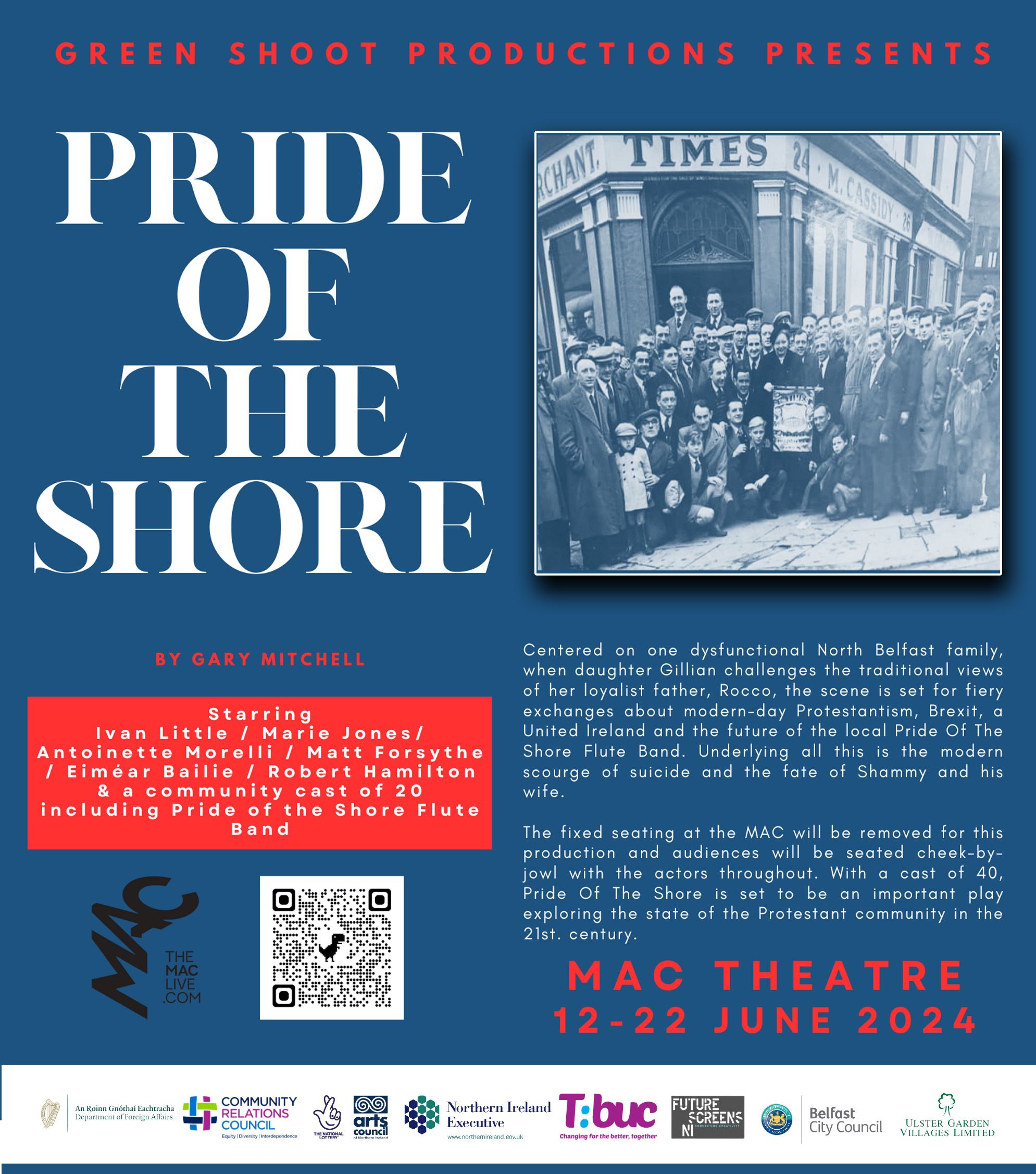THE nature of change on this island really could not have a more stark example than the contrast between unionism/loyalism and republicanism/nationalism this week.
On the one hand we have a perpetually disunited unionism, distrustful of each other, looking over each other’s shoulders for who might wield the knife, to the point of wearing wires into private meetings just in case loyal Ulster is sold out in a meeting in County Down. On the other hand, we see a confident and patient community, sure and certain of its trajectory towards a more coherent future, with an elected republican First Minister and an SDLP in the position of official opposition.

The journey to this point has been one of some planning and a lot of taking advantage of disadvantageous happenings. No-one would have ever wished for the assaults of the Good Friday Agreement which Brexit has brought. No-one would have ever wanted the pain and heartache that the various forms of unionist discrimination have wrought. No-one would have wanted public services to bear the brunt of the outworkings of partition’s disfunction. But here we are.
Nationalism and republicanism see clearly what is wrong. It engages with those challenges in the context of law, international covenant and history’s arc. And of course there is dynamic disagreement about tactics, plenty of learning when the public move more quickly to more progressive positions and the occasional step backwards. But the contrast of this week should give us all reinforced confidence. None of us are waiting for the rambling tweets of disgruntlement to dictate our future.
The significance of @moneillsf coming in as the first Sinn Féin First Minister is an emblem of the wider change happening across Ireland.
— Mary Lou McDonald (@MaryLouMcDonald) January 30, 2024
The big opportunities for our island only make sense on an all-island basis. pic.twitter.com/FUXvfmhnoX
The re-establishment of Stormont is no panacea. It is, however, the sensible and responsible protection of our local population from the worst of London’s disregard for our population. Local decision-making makes a difference to schools, hospitals and communities. Once the buildings are re-occupied, watch the numerous delegations and lobbies fill the corridors as those interested in building for a better future begin and continue the vital work of local planning.
But none of that will stop the momentum in the bigger conversation, it will only add to it. The truth is that as much as Stormont is needed and its reestablishment popular, the stubborn links to London misrule will continue to make the case for constitutional change. Those of us of a certain age are facing old age with the worst pension in Western Europe. Our incomes are the worst on the island and between the islands. Our educational achievements the worst on the island. But the picture is not at all bleak. The island as a whole, working coherently and with future planning, can rewrite that narrative.
Now that unionism is beginning to accept change and engage with its inevitability, albeit reluctantly, building towards a shared future across the island will increasingly become default policy. It might not scream its name, but the names of real progress locally and nationally will be Irish.
The hyperventilating of unionism, begging for scraps from Britain in a unilateral format in the last few weeks, is the last hurrah, and the last time we will see it. Never again can such scenes and chokeholds to progress be allowed to happen. Dublin will be working more closely than ever with this new Executive and London will become more distant with every passing year.








